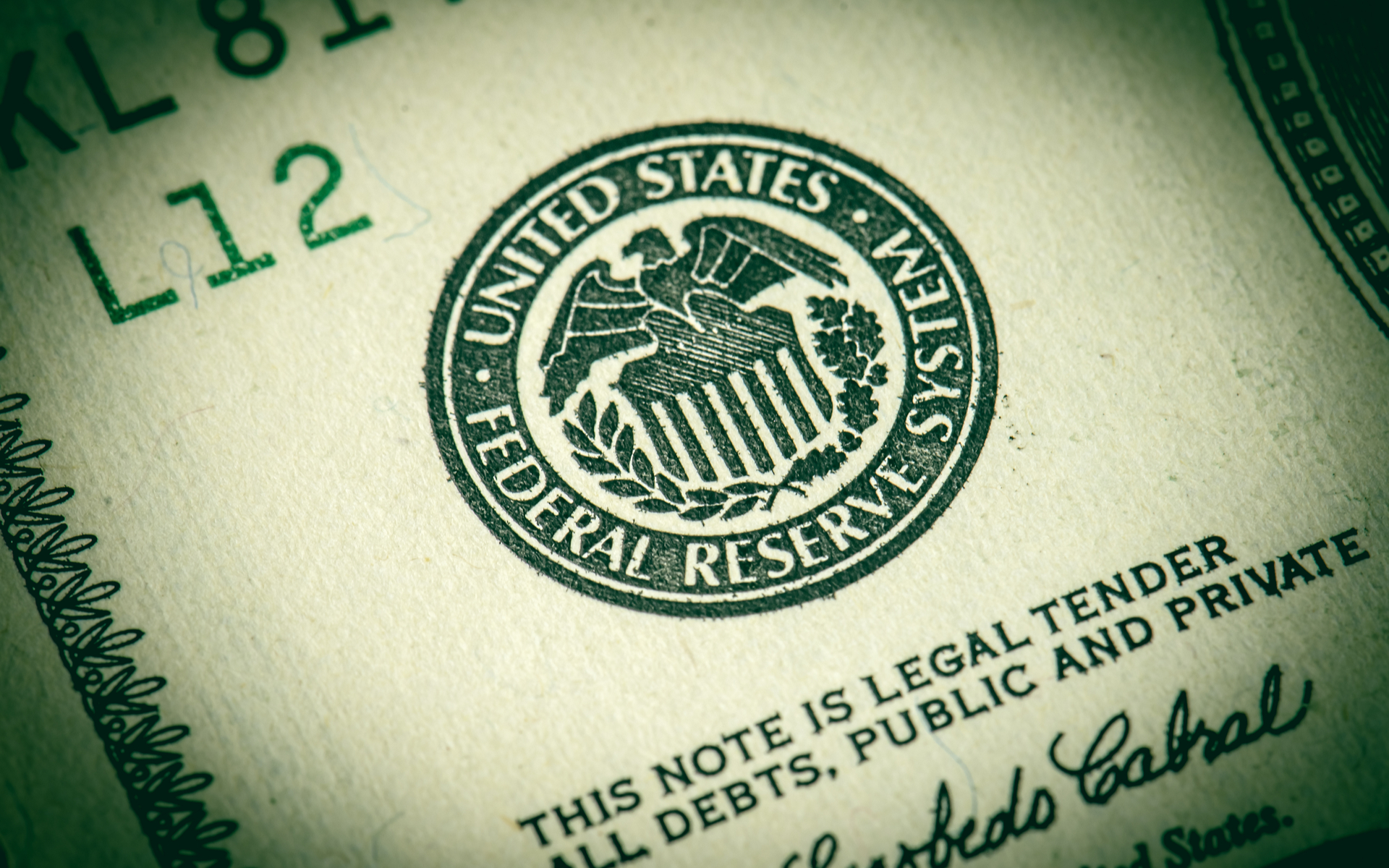PALO ALTO, Calif. (Reuters) - The Federal Reserve is looking at a broad series of issues around digital payments and currencies, including policy, style and legal considerations around possibly releasing its own digital currency, Governor Lael Brainard stated on fedcoin Wednesday. Brainard's remarks recommend more openness to the possibility of a Fed-issued digital coin than in the past." By changing payments, digitalization has the potential to deliver higher value and convenience at lower cost," Brainard stated at a conference on Get more info payments at the Stanford Graduate School of Business.
Main banks worldwide are disputing how to manage digital financing innovation and the dispersed ledger systems utilized by bitcoin, which guarantees near-instantaneous payment at potentially low expense. The Fed is establishing its own day-and-night real-time payments and settlement service and is currently evaluating 200 remark letters sent late last year about the suggested service's design and scope, Brainard stated.
Less than two years ago Brainard told a conference in San Francisco that there is "no compelling demonstrated requirement" for such a coin. But that was before the scope of Facebook's digital currency ambitions were commonly known. Fed authorities, including Brainard, have actually raised issues about consumer protections and information and privacy hazards that might be presented by a currency that could enter use by the fed coin cryptocurrency third of the world's population that have Facebook accounts.
" We are working together with other reserve banks as we advance our understanding of reserve bank digital currencies," she stated. With more countries checking out releasing their own digital currencies, Brainard said, that contributes to "a set of factors to likewise be ensuring that we are that frontier of both research and policy development." In the United States, Brainard stated, concerns that require study include whether a digital currency would make the payments system more secure or simpler, and whether it could posture monetary stability threats, consisting of the possibility of bank runs if money can be turned Extra resources "with a single swipe" into the reserve bank's digital currency.
To counter the financial damage from America's extraordinary national lockdown, the Federal Reserve has taken unmatched actions, including flooding the economy with dollars and investing straight in the economy. The majority of these relocations received grudging approval even from numerous Fed skeptics, as they saw this stimulus as needed and something only the Fed could do.
My new CEI report, "Government-Run Payment Systems Are Hazardous at Any Speed: The Case Versus Fedcoin and FedNow," information the threats of the Fed's current strategies for its FedNow real-time payment system, and proposals for main bank-issued cryptocurrency that have actually been called Fedcoin or the "digital dollar." In my report, I talk about issues about privacy, information security, currency control, and crowding out private-sector competitors and development.
Proponents of FedNow and Fedcoin state the federal government needs to create a system for payments to deposit instantly, rather than motivate such systems in the economic sector by lifting regulative barriers. But as noted in the paper, the economic sector is providing an apparently unlimited supply of payment innovations and digital currencies to solve the problemto the level it is a problemof the time space between when a payment is sent and when it is gotten in a savings account.

And the examples of private-sector innovation in this area are lots of. The Cleaning Home, a bank-held cooperative that has actually been routing interbank payments in numerous forms for more than 150 years, has actually been clearing real-time payments because 2017. By the end of 2018 it was covering half of the deposit base in the U.S.